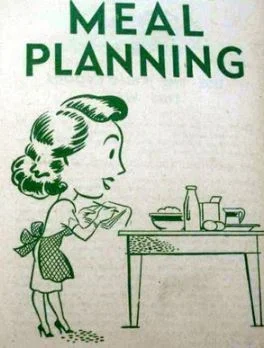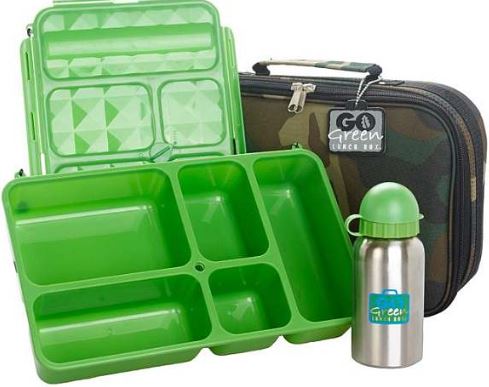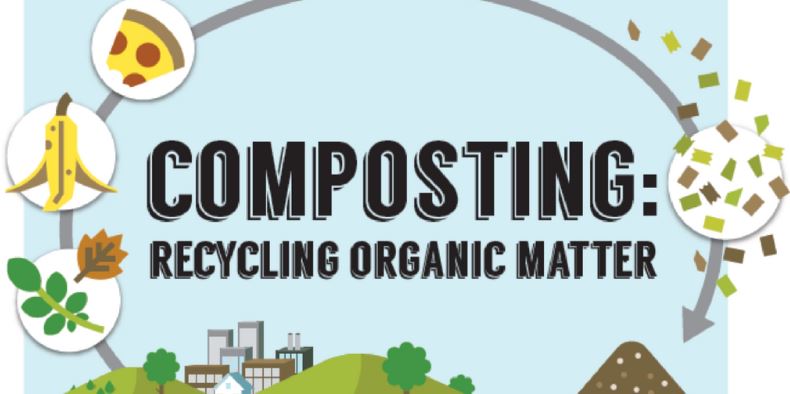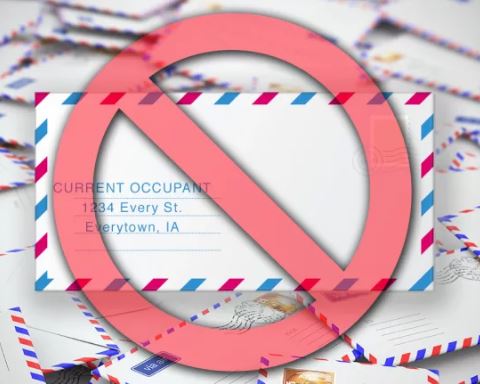Reduce, Reuse, Recycle
Recycling and taking care of junk removal is not something most people associate with a lifestyle choice. But it is a choice that benefits everyone.
Do Recycle
· Rigid Plastics/Bottles. - Any plastic bottles or containers found in your kitchen.
· Paper and Cardboard. - Cereal/snack cardboard boxes. ...
· Metals. - Tin, aluminum, and steel cans.
· Glass. - Food containers or jars. ...
· Loose Plastic Bags. - Plastic shopping bags. ...
· Polystyrene Foam Cups or Containers. ...
· Soiled Food Items. ...
· Others
There are three key factors when thinking about how to recycle – The 3 R’s; Unless you live a zero waste lifestyle, there is always room for improvement when it comes to taking care of the earth. Little changes such as switching to cloth bags instead of plastic ones or making a concerted effort to recycle cans and bottles can make a big difference in your waste output.
Here are 9 Simple Steps that you can make to reduce waste in your home.
1. Rules of recycling.
Don’t be intimidated by the complicated symbols and sorting rules. Navigating the recycling system is actually quite simple once you do a little research. Since recycling standards vary from place to place, find out the specific rules for your area. While it’s better to implement reusable packaging in your home wherever possible, recycling is the next best option and it will prevent excess waste from heading for the landfill.
2. Get rid of the plastic bags.
One of the simplest ways to decrease the amount of waste you produce is to use reusable bags while shopping. Instead of relying on your supermarket’s plastic bags, bring your own cloth ones to pack up your items and tote them home. Keeping a bunch of extra bags in the trunk of your car or right by the door is an easy way to make sure you don’t forget them at home.
3. Make a meal plan.
In addition to material waste, food waste is a huge problem in American households. However, it’s entirely preventable if the consumer follows one simple rule: only buy groceries that you know will eat. It sounds like a non-sense, but you’d be surprised at how much food is regularly thrown into the garbage in America.
4. Start relying on reusable containers.
Once you start buying only what you need, take it to the next level by storing food properly, which will extend its life and keep things fresh for as long as possible. Invest in some quality airtight containers for things like baking ingredients, cereals, and other things that can stale quickly. If you buy loose food items from farmer’s markets or bulk bins at stores like Whole Foods, reusable containers are especially important to have in your kitchen.
5. Start composting.
Every day, a large amount of what you throw into the trash could be composted and returned to the earth. If you have a bin and some extra space, you can easily start a compost that could feed back into your garden. Your excess food won’t go to waste, your garden will be full of nutrients and you can feel better about your impact on the planet. Win, win, win.
6. Learn to repair rather than discard.
When was the last time you repaired something broken rather than throwing it away to purchase a new one? Can’t remember? Same. But buying a few high-quality items and repairing them when necessary is so much better for the planet than buying loads of cheap, disposable stuff.
The next time a strap pops off of a tank top or a lamp stops working, spend a few minutes to see if it’s fixable, rather than throwing it in the garbage and ordering a new one.
7. Cancel unnecessary mail.
If your mailbox is overloaded with catalogs and junk mail each day, take a few minutes to cancel subscriptions and stop unsolicited junk mail. It can be as simple as going online or picking up the phone to be removed from a mailing list. It’s a bit of an inconvenience, sure, but your coffee table will be less cluttered and the amount of paper waste you produce will be cut significantly.
8. Stop using disposable plates and plastic utensils.
Even if washing the dishes is the bane of your existence, the waste created by paper plates and plastic utensils is not worth it. Stop resorting to paper and plastic and get those hands dirty.
9. And at the very least, stop buying plastic water bottles, please.
Water bottles and paper coffee cups are huge wastes of material. Buy a durable water bottle and a cute coffee thermos so you can take your beverages wherever you please. You’ll find yourself feeling a lot more hydrated and a lot less wasteful.
Simple facts about recycling:
Recycling is an excellent way of saving energy and conserving the environment. Did you know that:
· 1 recycled tin can could save enough energy to power a television for 3 hours.
· 1 recycled glass bottle would save enough energy to power a computer for 25 minutes.
· 1 recycled plastic bottle would save enough energy to power a 60-watt light bulb for 3 hours.
· 70% less energy is required to recycle paper compared with making it from raw materials.
What are the effects of improved recycling efforts on the environment?
· Recycling conserves finite natural resources - this is critical as population continues to grow exponentially
· Recycling conserves fresh water up to 95% in the mining and manufacturing process for many materials
· Recycling prevents waste from going into oceans - it is proven, when there is a strong recycling culture, there is few litter and less waste going into ocean
· Protects forests which help to reduce CO2 emissions
· Significantly reduces use of fossil fuel energy and reduces CO2 emissions
Some Interesting Facts
· Up to 60% of the rubbish that ends up in the dustbin could be recycled.
· The unreleased energy contained in the average dustbin each year could power a television for 5,000 hours.
· The planet could be filled with rubbish if nothing has been done.
· On average, 16% of the money you spend on a product pays for the packaging, which ultimately ends up as rubbish.
· As much as 50% of waste in the average dustbin could be composted.
· Up to 80% of a vehicle can be recycled.
· 9 out of 10 people would recycle more if it were made easier.
That's why every time we reduce waste, reuse, and recycle our garbage- from used plastic bottles, disposable cups and utensils, paper, and other plastic products, we get to save the earth and even millions of lives from the harmful effects of pollution. Recycling helps preserve our natural resources.
Whether you need our services several times to make your life easier or just once after it is complete, our team of professionals will ensure that every needs is quickly out of your way so that you can get on with your life.
Our team specializes in cleaning services. We can be at your home in mere minutes, so call us today! Our crew is fully insured and well-trained, so you can trust them to get rid of your unwanted items in a professional and courteous fashion.
Another benefit to having a professional cleaner remove your e waste and other trash is that you don’t have to have unsightly junk and debris taking up space at your home or place of business for long. Typically, you can have it taken away that day or the next day, and sometimes even from inside your home or business so you don’t have to put it out on your sidewalk or parking lot.
One of the best things about considering us is that we recycle much of the material we pick-up. This is proof of our commitment to being an Eco-friendly cleaning services. If you have questions about what we do or what we believe, give us a call at (872) 356-0166.











